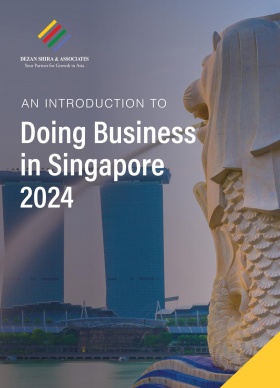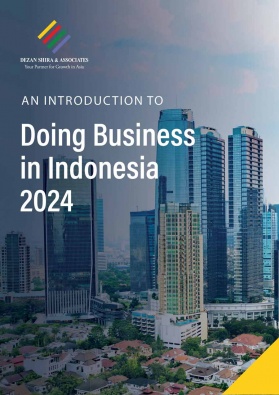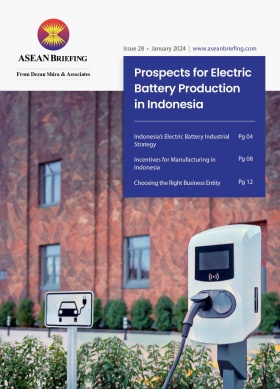Indonesia Strengthens Pharma Sector with Novo Nordisk Partnership
Danish drugmaker Novo Nordisk has signed an agreement with Indonesian state-owned pharmaceutical company Bio Farma to package insulin in the country. Novo Nordisk produces 50 percent of the world’s insulin.
Indonesia has seen an increase in the prevalence of diabetes with an estimated 19 million people suffering from this chronic disease. This is expected to rise to an estimated 28.6 million people by 2045.
Through the collaboration, Novo Nordisk will provide its expertise in insulin production whilst Bio Farma will provide the local manufacturing facilities.
Indonesia’s promising pharmaceutical industry
Indonesia’s pharmaceutical industry has shown significant growth and development over the past few decades. It is one of the largest in Southeast Asia and continues to expand due to various factors, including a growing population, increased healthcare spending, and government initiatives. The pharmaceutical market was valued at approximately USD 8 billion in 2020 and is projected to grow at a compound annual growth rate (CAGR) of around 10 percent over the next five years.
Generic drugs dominate
Generics constitute about 75 percent of the total pharmaceutical market by volume and 50 percent by value.
Branded pharmaceuticals, though more expensive, account for around 25% of the market by value, driven by perceptions of higher quality and efficacy. Additionally, traditional and herbal medicines hold a unique place in the market, reflecting Indonesia’s rich cultural heritage and the population’s preference for natural remedies.
Challenges
Despite its promising prospects, the Indonesian pharmaceutical industry faces several challenges. Regulatory hurdles can be complex and time-consuming, particularly for new entrants. Ensuring consistent quality and combating counterfeit drugs remain ongoing challenges, with an estimated 10-15 percent of drugs in the market being counterfeit.
Further, a significant challenge for Indonesia’s pharmaceutical industry is its heavy reliance on imported raw materials. Currently, approximately 90 percent of the active pharmaceutical ingredients (APIs) and excipients used in local drug manufacturing are sourced from abroad, primarily from countries like China and India. This dependence on imports exposes the industry to vulnerabilities, including supply chain disruptions, fluctuating prices, and geopolitical tensions. The high import reliance also affects the cost structure of locally produced medicines and impacting affordability and accessibility. Recognizing these challenges, the Indonesian government is taking steps to reduce this dependency by promoting local production of raw materials.
Opportunities
The Indonesian pharmaceutical industry is ripe with opportunities, particularly in the biopharmaceutical sector. The global biopharmaceutical market, projected to reach USD 526 billion by 2025, presents a significant opportunity for Indonesia, given its rich biodiversity and growing R&D capabilities. Moreover, aging population is another critical factor, with approximately 15 percent of Indonesia’s population expected to be over the age of 60 by 2030. This demographic shift will drive demand for chronic disease medications and specialized healthcare products. Additionally, ongoing investments in healthcare infrastructure and digital health solutions, which was accelerated by the COVID-19 pandemic, are poised to further boost the pharmaceutical industry.
Biodiversity
Indonesia is one of the world’s most biodiverse countries, home to a wide variety of flora and fauna. The country is one of the 17 megadiverse countries in the world, home to about 10 percent of the world’s flowering plant species, 12 percent of mammal species, 16 percent of reptile and amphibian species, and 17 percent of bird species. This rich biodiversity provides a vast pool of biological materials that can be utilized in the development of new biopharmaceutical products. Many medicinal plants and marine organisms found in Indonesia have potential applications in drug discovery and development.
About Us
ASEAN Briefing is produced by Dezan Shira & Associates. The firm assists foreign investors throughout Asia and maintains offices throughout ASEAN, including in Singapore, Hanoi, Ho Chi Minh City, and Da Nang in Vietnam, in addition to Jakarta, in Indonesia. We also have partner firms in Malaysia, the Philippines, and Thailand as well as our practices in China and India. Please contact us at asean@dezshira.com or visit our website at www.dezshira.com.








